Creative Teacher and Creative Teaching
As a country, we are fixated on pursuing grades and differentiation at each degree of Teaching, and, indeed, schools have fabricated their notoriety in light of the board results they produce. A vital expert risk for educators in this fantastic pursuit has been the need to cover broad substance in restricted timeframes. Regularly, educators who begin with good motives run into this detour. By all accounts, there is a back-and-forth
between the amount to educate and how to instruct it. Assuming Teachers choose the understudy-focused teaching methodology and permit reality for coordinated effort and innovativeness in the homeroom, let the understudies delve profoundly into creative learning in their remarkable styles; they appear to use up all available time to support content required from understudies in customary tests.
This asks the conspicuous inquiry: are the two parts of educating – covering content and understudy-focused teaching methodologies – fundamentally unrelated? Or, on the other hand, do we have to devise more inventive ways of protecting content, with a touch of trial and error and investigation of elective approaches to leading classes? How we endeavor to establish a post-pandemic learning climate, consolidating the new computerized proficiency abilities gained by our understudies, oblige their requirement for peer connection, and prod their imagination through new elements of cross-breed understudy drove approaches might well decide the number of entryways of chance we can open for our future.
Various methods of being an influential Teacher.
In a new discussion with partners about ‘what makes a creative educator,’ the zinger that arose was the various methods of being a viable instructor. The substance and going with exercises should be contextualized fully, intent on drawing in and spurring understudies who are, in the current environment, for the most part, left all alone to achieve the learning results set out for them. Can we envision our understudies who have learned elective approaches to learning content during the pandemic returning
to the customary homeroom where they sit latently to pay attention to an educator talking at the front of the class? Extraordinary instructing isn’t tied in with allowing the reins to free for understudies to cut out a way for themselves, battling to sort out the thing being educated, and sorting out some way to accomplish the points set out for them. It is essential to figure out what and how much every understudy might be equipped for learning without losing inspiration. Schooling is more about commitment and scholarly feeling giving way to push and accomplishment, rather than test-taking abilities where a similar measuring stick tries everybody.
A new report indicated setting educational plan necessities to what an understudy is prepared for, rather than what they should know at a specific age, and afterward disgracing them if they can’t arrive at those benchmarks. What number of us recollect the horrendous sensation of battling with a recipe, definition, or accurate data that we could not review, while others were quick and effective at imitating the material? Practically all understudies are aware of ‘not being sufficient’ at different phases of tutoring.
Not exclusively does this require an essential change in models and styles of working with understudies. Still, it additionally infers that our strategies should be outfitted towards fostering various abilities while tolerating and praising contrasts between understudies. All things considered, when our understudies become experts, they will be functioning as a component of assorted groups where not every person will have a similar level and ability – groups are made to unite bits of a riddle that look in no way like one another, yet they join perfectly to finish a dream.
Combined with an acknowledgment that not every person can be extraordinary at everything, a precise methodology towards assisting understudies with teaming up with one another, utilizing visuals, composing, talking, or coaxing can get such a massive amount out of content that shouldn’t be latently paid attention to. Leaving the customary schoolwork approach may help bring out inspiration and imagination. Contribution from understudies doesn’t need to be text-based – in the present innovation-driven instruction arrangement; understudies can make recordings, webcasts, meetings, melodies, etc. – there is a universe of conceivable outcomes to evaluate learning. For instance, online tests and tests have yet to work for specific schools, especially those with many understudies to make due. Even so, rebuilding the appraisals to incorporate more limited ‘vivas’ – coordinated – with the instructor has been extremely helpful. We may likewise prefer to clear a path for a shift towards open-finished inquiries with no set-in-stone responses except for trying scientific and decisive reasoning abilities. Understudies will invite the change, and adjust rapidly whenever driven by able, roused, and successful educators.
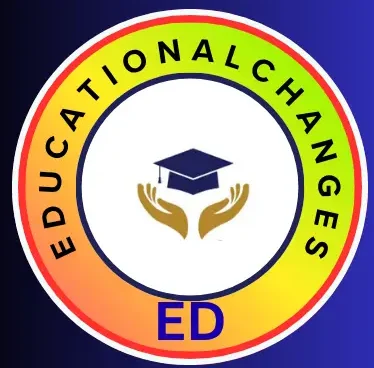


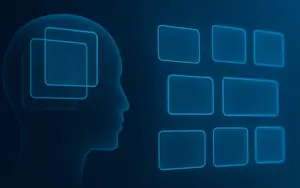
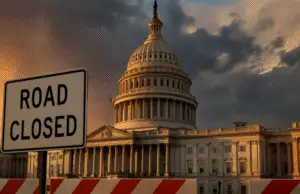

.png)
.png)
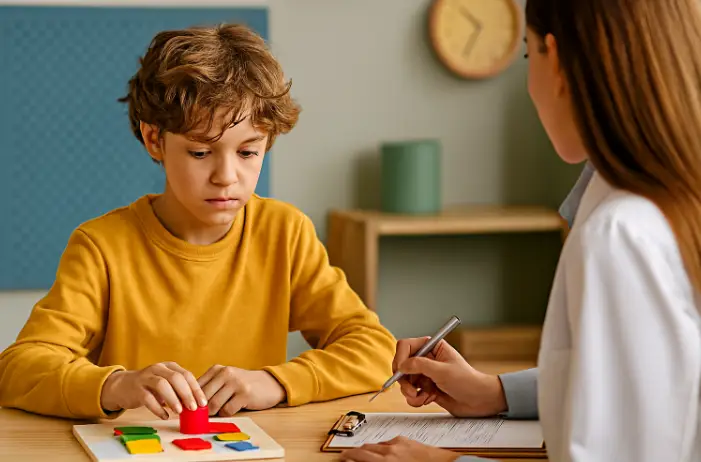
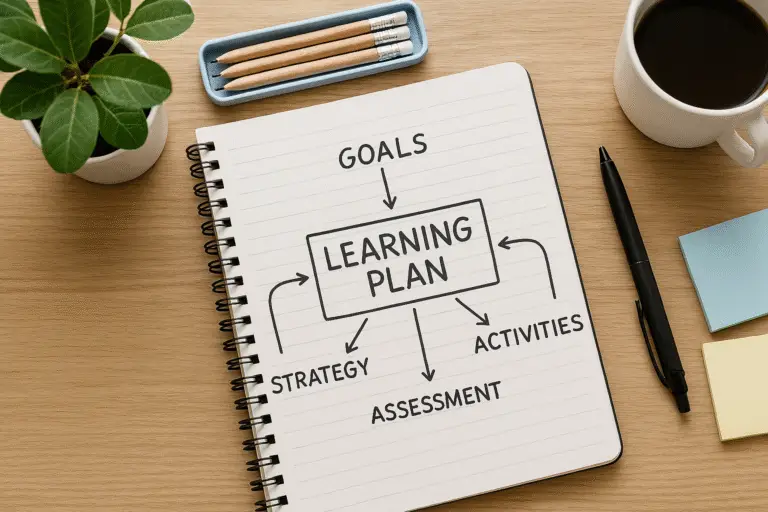



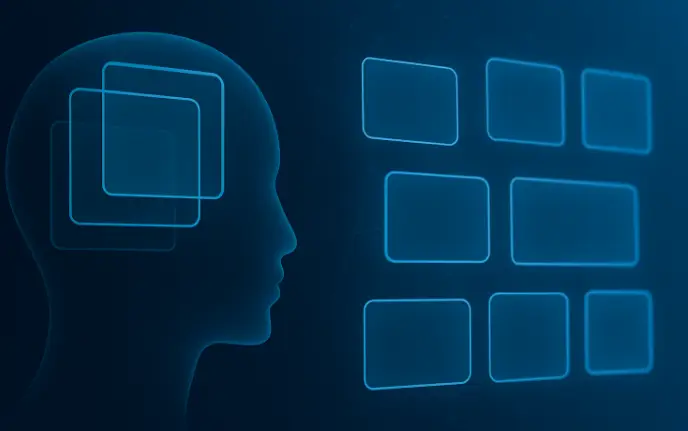

I don’t think the title of your article matches the content lol. Just kidding, mainly because I had some doubts after reading the article.
Your point of view caught my eye and was very interesting. Thanks. I have a question for you.